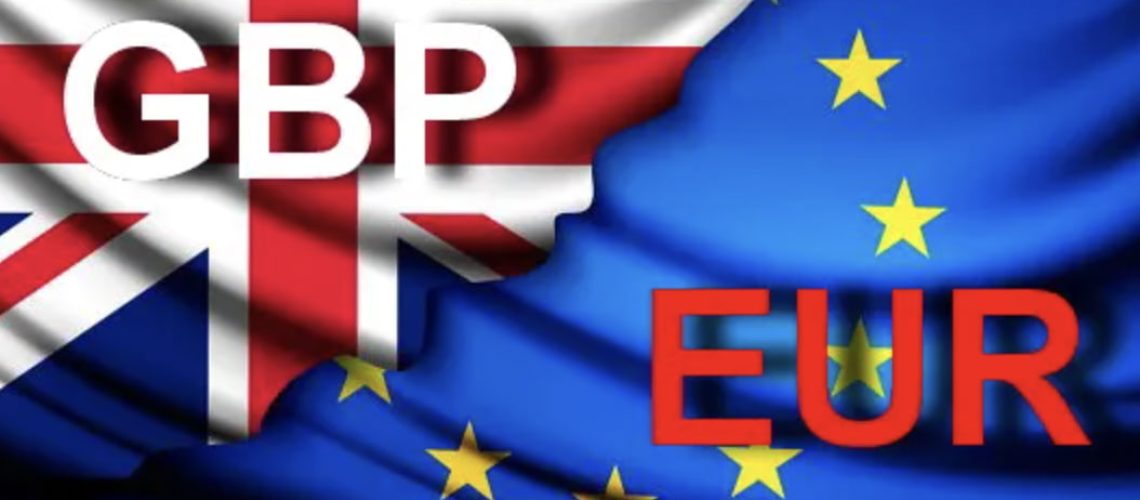During Friday’s trading session, the EUR/GBP rose slightly to 0.8540 showing mild gains. That being said, the bears asserted their influence during the week, leading to a weekly loss of 0.40% pushing the cross down to its lowest point since September. In that sense, the main factor that is benefiting the Pound over the Euro is that the British economy is holding resilient while the European economies are showing signs of weakness. Moreover, markets are expecting less easing from the Bank of England (BoE) with a total of 125 bps of cuts vs the expected 150 bps from its European peer which also benefits the GBP. This week the ECB met and left its policy unchanged with subtle indications on when the easing will begin, and as for now, markets are seeing the first cut somewhere in Q2.
From a technical outlook on the daily chart, evidence of strong bearish pressure resonates. This is reflected by the negative terrain of the Relative Strength Index (RSI) coupled with its downward slope. Complementing this bearish bias are the increasing red bars of the Moving Average Convergence Divergence (MACD), indicating the potential for further downturns. Moreover, the cross remains entrenched below the 20, 100, and 200-day Simple Moving Averages (SMAs). Switching to a shorter, four-hour timeframe, a different scenario appears to be forming as indicators seem to be entering in a consolidation phase. The four-hour RSI indicates a positive slope, albeit still within negative territory, signaling a weak recovery moment. Additionally, the decreasing red bars in the four-hour MACD offer a hint of bullish momentum, but without a clear vindication of a reversal. Thus, the buying momentum is seen to have a slight upper hand in this lower time frame, but with a need for further corroboration to offset the broader bearish outlook.
